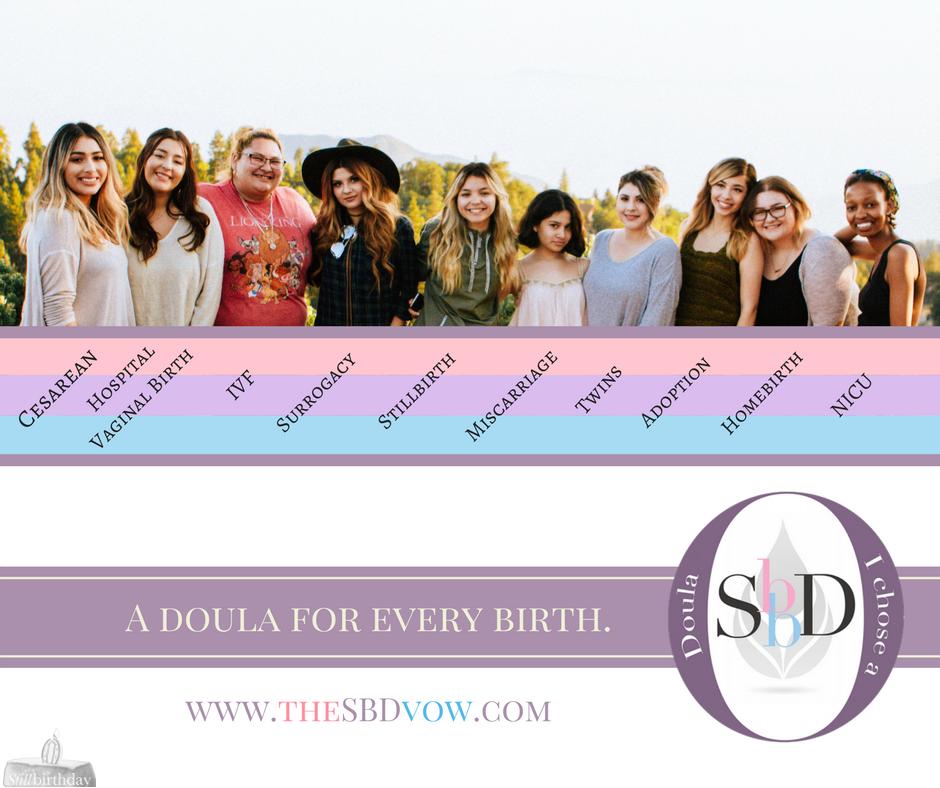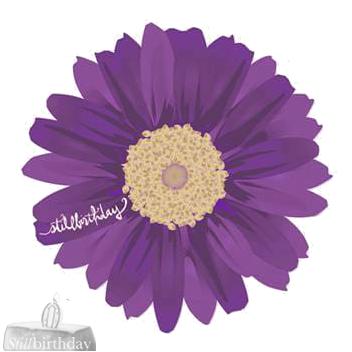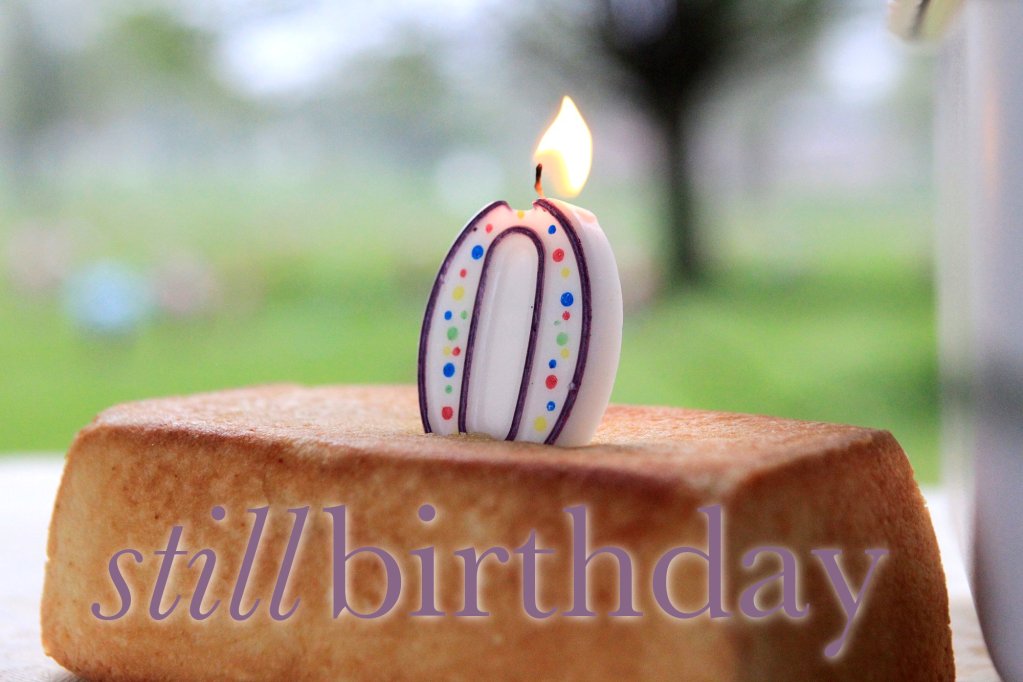Trying to make sense of what is happening can literally be impossible. There is so much happening, so many things being said, so many things to know, all at once.
Please, go slow.
Stillbirthday is designed to be a guide for you, to validate your feelings, to provide options to you along the way.
Planning Bonding:
There can be intentional, meaningful and even fun ways of bonding with your baby in the moments of pregnancy, shortly after birth when baby is born alive, and, after birth when baby is not born alive.
- Nutrition/Taste – you can intentionally learn what newest gestational developments match foods that support that, and even though the two may not be related gestationally, can be a special connection of a sacred meal.
- Touch – intimate connection with your spouse or partner can help them feel bonded.
- Sound – singing to baby, jingling necklaces, music
- Prenatal experiences – casting, recording.
- Microbial bonding in Cesarean live birth.
- “Babymooning” in any outcome.
Planning Birth:
- Having a basic understanding of what your doctor has told you, and what it means, is a strong foundation in exploring what happens next (“types of loss”).
- Sharing the news of the death of your baby can also come with an abundance of new questions, and new hurts as loved ones project platitudes or responses that may be confusing or hurtful, even if done unintentionally. We have encouragement for you as well as real practical options for you to choose from, including our HopeShare Remembrance forum to use for your announcements, and our Loved Ones page for you to simply share with loved ones who need a little more guidance in supporting you well.
- Learning what decisions your trusted medical provider believe are safest for the birth of your baby, and why these have been suggested, is important (“birth methods”.
- After establishing the safest birth method for your experience, you can begin to explore ways of making this experience personal and meaningful (“birth plans”).
- Finding the best way to share this news with your loved ones is important. Learn how to make your Birth & Bereavement announcement and begin to ask for help.
Planning the Welcoming:
- The birth experience may seem to fold right into the farewell. It is so important to go slow, and to ensure that in between the birth and farewell, there is a significant and intimate Welcoming, which is the time you spend with your baby, based on the choices you have determined are most important to you (“Get Support Around You” & “How To”).
- Preparing for your farewell options means being supported right from the beginning. See our During & After the Birth resources for immediate postpartum support.
Planning the Farewell:
You have many choices to decide what ceremony, ritual or activity you might engage in to commemorate the legacy of your baby. In fact, you may choose one or several.
The decisions about your farewell ceremony do not need to be made during pregnancy or labor, but having an idea of what you think might be best is a good idea.
Options might include:
- Organ or Tissue Donation
- Milk Donation
- Cremation or Burial
- Funeral
- Sacred Circle, Water Offering, anything personal and significant to you
Suggestions:
- Take time to consider which options resonate most with you
- Discuss your feelings with your spouse, loved ones and your trusted medical provider
- Learn what local resources there are for your farewell celebration
- Our birth planning pages have introductory links into some of the farewell options
- Our Farewell Celebrations page is a great start. It has within it, and sub-tabs for easier access, links to information on things like funeral planning and other personal options
Planning the Healing Journey:
You have immediate postpartum health needs for the first several weeks after the birth of your baby. You also have the longer term healing needs for the journey beyond that. Please, utilize our after the birth page for guidance on things like menstruation, telling your loved ones, asking for help, and more.
Take time to consider your spiritual values, your spiritual and psychological interpretation of the events of your unique pregnancy and infant loss experience.
Our Bereavement Support page is a great start. It has within it, and sub-tabs for easier access, links to information on things such as:
- Support for dads
- Support for children and teens
- Cultural & Religious specific resources
- Support for specific aspects after loss, such as facing menstruation, intimacy, trying to conceive, ending fertility in loss, and more
Read stories from others (and share yours) – just visit the right sidebar, and see them labeled by week and by additional circumstances.
Related:





